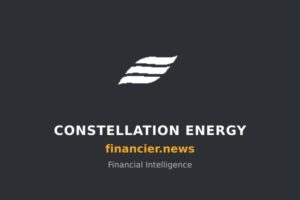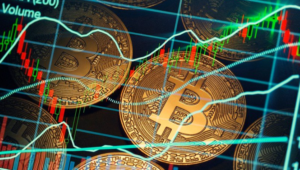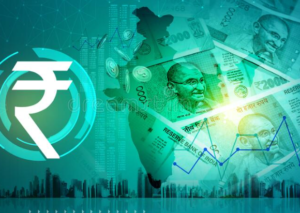$005930 $KOSPI $BTC
#SouthKorea #GDP #EconomicGrowth #Markets #Recession #AsiaEconomy #WeakConsumption #ConstructionSector #CentralBank #Inflation #GlobalEconomy #KOSPI
South Korea’s latest GDP figures revealed the economy expanded by 1.2% year on year in the most recent quarter, falling short of analysts’ expectations for 1.4% growth. This marks the country’s slowest pace of economic expansion in six quarters, underscoring the challenges faced by Asia’s fourth-largest economy. The disappointing GDP data was largely attributed to weaker domestic consumption and a slump in the construction sector, signaling mounting vulnerabilities in areas critical to sustaining South Korea’s economic momentum. This slowdown raises questions about the durability of the country’s recovery from pandemic-induced disruptions and its ability to navigate ongoing global economic headwinds.
One of the primary culprits behind the shortfall is the weakening consumer spending within South Korea. Despite being a critical driver of the economy, private consumption has shown signs of strain amid rising inflationary pressures and tightened monetary policies. Higher interest rates, implemented by the Bank of Korea in efforts to curb inflation, have raised borrowing costs and dampened household purchasing power. The combination of high living costs and cooling sentiment is making everyday spending a major pinch point, suppressing overall GDP growth and heightening concerns about a slowdown in domestic demand-driven sectors.
The construction sector also played a significant role in dragging down GDP growth. With tighter financial conditions and subdued real estate activity, investments in construction-related projects have declined sharply. This slump reflects both higher borrowing rates and weaker investor confidence in the property market, which has traditionally been a pillar of South Korea’s economic foundation. Furthermore, international trends, such as softened demand from key trade partners like China, have rippled into the construction supply chain, further exacerbating the sector’s downturn. The cooling construction activity has weighed heavily on broader economic health, particularly as the industry supports a significant portion of employment.
These latest figures will likely prompt policymakers to reassess their strategy for bolstering economic growth. However, South Korea’s central bank is caught in a delicate balancing act; efforts to support growth could undermine its work to stabilize inflation, while continuing fiscal caution risks deepening the economic slowdown. Investors in South Korean equities, including those listed on the KOSPI index, are already reacting cautiously to the data, while global markets are keeping a close eye on these developments. The report also holds broader implications for the interconnected global economy, as South Korea is a key exporter of technology components, including semiconductors. A prolonged slowdown could reverberate across sectors reliant on South Korean exports, adding further strain to an already fragile global economic environment.










Comments are closed.